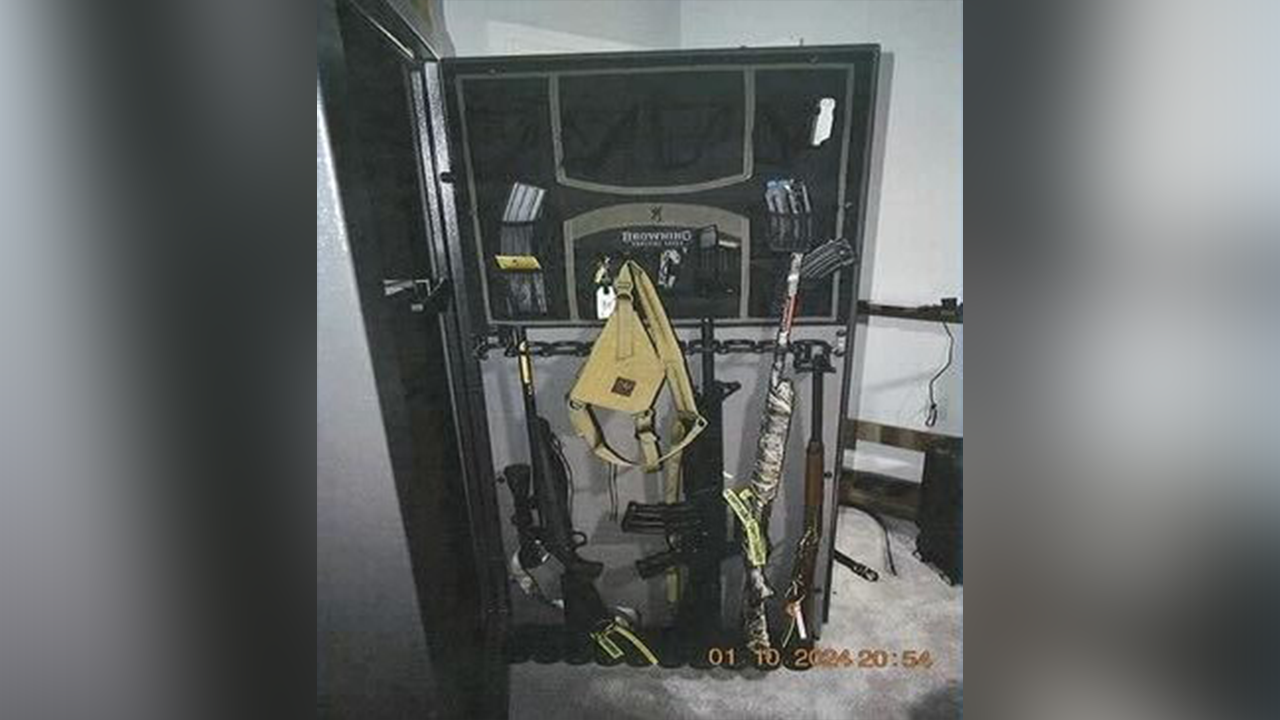Marines continue to make female infantry officers, with little fanfare

Marine 1st Lt. Marina Hierl made national headlines in 2017 when she became the first woman to graduate the Marine Corps’ Infantry Officer Course in Quantico, Virginia, earning the 0302 Infantry Officer military occupational specialty in the process.
Not only was Hierl the first woman in an MOS that had been restricted to men just two years earlier; she had also made it through the grueling 13 weeks of IOC, a feat of physicality and endurance that many previously thought was beyond the capability of women.
But since then, even without the press releases and news profiles, women have continued to graduate from IOC in small, but consistent, numbers.
According to data from the last four years provided to Marine Corps Times, women are now making it through the course with a success rate of better than 50%, though the number of volunteers opting to attend IOC remains low. The course attrition and redesignation rate for male officers, meanwhile, has at times been as high as 25%.
RELATED
The following are the outcomes for women at IOC since 2020, according to data provided by Marine Corps Training and Education Command spokesman Capt. Jacoby Getty.
- In fiscal 2020, two women attended the course; both did not pass and were redesignated to another MOS.
- In fiscal 2021, five women attended IOC. Four graduated, for a pass rate of 80%. Three received an 0302 infantry officer MOS and one opted to train as a ground intelligence officer.
- In fiscal 2022, seven women attended IOC. Four graduated, for a pass rate of 57%. Three received the 0302 MOS and two went on to train as ground intelligence officers.
- In fiscal 2023, seven women attended IOC. Four graduated, for a pass rate of 57%. All took the 0302 MOS.
- In fiscal 2024, eight women attended IOC; five achieved the infantry officer MOS, for a pass rate of 63%.
As of the end of the fiscal year, Getty said, 12 female 0302 infantry officers are currently serving.
Prior to Hierl’s graduation, 36 female officers had attempted the IOC course over five years, only to wash out through injury or inability to complete requirements or meet standards.
The Marines opened the course to women on an experimental basis in 2012, four years before a decision by then-Defense Secretary Ash Carter opened ground combat specialties to women, allowing female officers to actually hold an infantry MOS.
In 2014, 2nd Lt. Sage Santangelo wrote an opinion piece for the Washington Post explaining her experience of dropping out during the infamous Combat Endurance Test on Day One of the course.
“There came a point when I could not persuade my body to perform,” she wrote. “It wasn’t a matter of will but of pure physical strength.”
Santangelo went on to argue, though, that it wasn’t innate ability, but training, that was to blame for the female failure rate.
“I believe that I could pass, and that other women could pass, if the standards for men and women were equal from the beginning of their time with the Marines, if endurance and strength training started earlier than the current practice for people interested in going into the infantry, and if women were allowed a second try, as men are,” she wrote.
While Santangelo never got a second attempt at IOC, her op-ed persuaded then-Marine Corps Commandant Gen. Robert Neller to allow future female attendees a second shot at the course.
After the first several women graduated IOC, some changes were also made to the program of instruction.
In 2018, officials announced they’d reduce the number of evaluated hikes with combat loads from six to three, and remove passage of the Combat Endurance Test from the list of graduation requirements. At the time, officials said the change acknowledged climbing attrition rates for men as well as women.
With goading from Congress, the Corps has also moved toward a more gender-integrated model of training, most notably at boot camp. The service got rid of its all-female 4th Recruit Training Battalion last year and now trains enlistees in integrated battalions at both of its recruit training locations.
An independent study commissioned by the Marine Corps and published in 2022 contained a host of recommendations focused on strength training and injury prevention, many of which the service has said it’s implementing.
For some women who served in the Marines as trailblazers, seeing women quietly and consistently accomplish a feat previously seen as impossible is gratifying, and also validating.
Riane Moser served in 2010 on a Female Engagement Team in Afghanistan, working as a cultural support and adjunct to a male infantry unit a half-decade before women were technically allowed in the infantry.
Moser said she had confronted differences in strength and physicality between the genders early in her Marine Corps training with tasks like shouldering heavy combat loads. But her FET deployment also convinced her that, with the right training, success was more than possible.
“I do not doubt that there are females who can complete infantry courses,” she said. “I know women who would have been great at it if they had the opportunity 15 years ago.”
Zoe Bedell played a role in women receiving that opportunity to prove themselves. The former officer-in-charge of a Marine Corps FET team, Bedell was a plaintiff in the 2012 lawsuit against the Defense Department that helped lift combat exclusions and open all previously closed jobs to women.
Bedell told Marine Corps Times that the continued progress of women through IOC helped validate her convictions that led to the lawsuit.
“It turns out that this is, in fact, exactly as doable as we thought it was,” Bedell said. “There are real differences. Not every woman is going to be able to do it, but we’ve always said not every man is going to be able to do it either. So, it’s a real improvement and really strengthens everyone involved.”
The small numbers of women attempting IOC on an annual basis don’t worry Bedell, she added, as her desire was simply to grant female Marines an option and a pathway that had previously been denied them.
“I’m very relieved to see that … some women do want this. And the fact is, that men always got to choose what they wanted, and now women do, too,” she said. “I’m glad to see that the Marine Corps is at least making some moves to live up to what I think it should have been doing as an institution all along.”
Read the full article here







